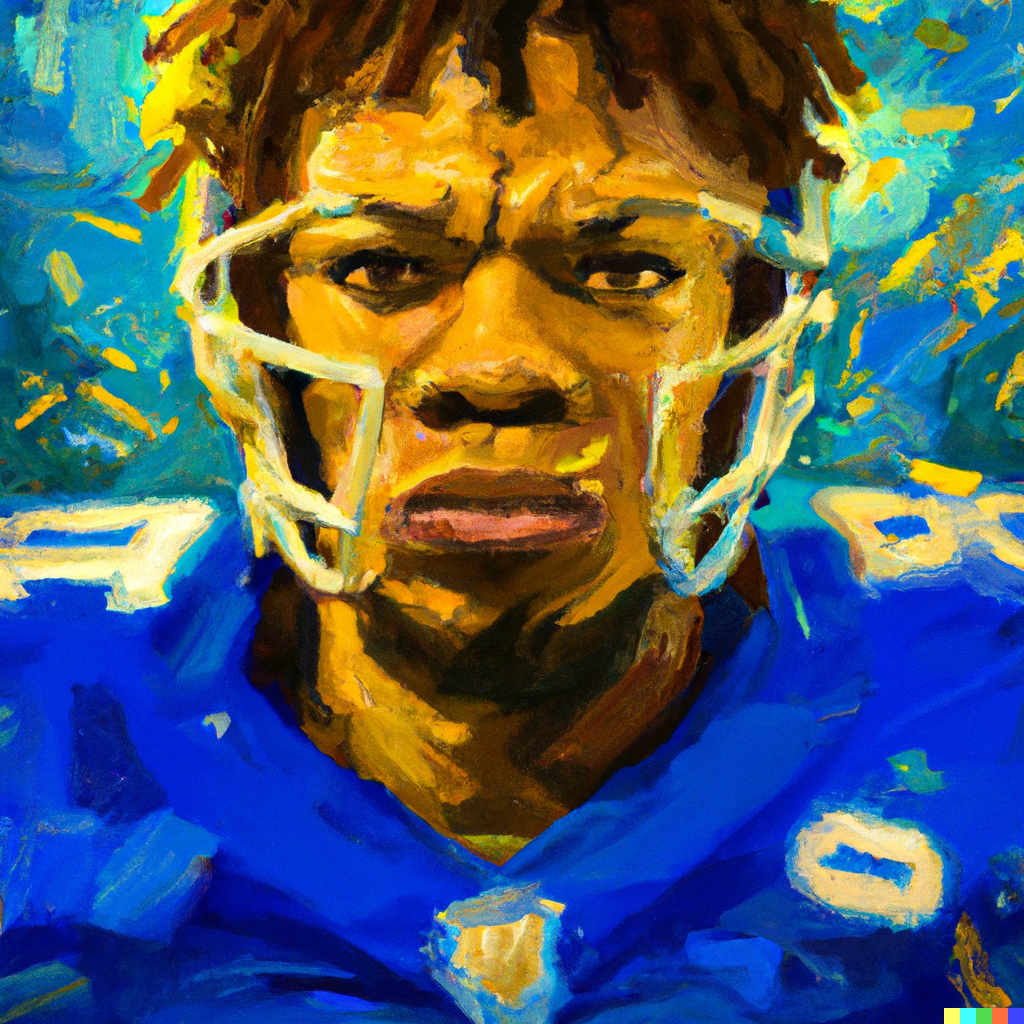
Unraveling Linguistic Bias in the NFL: A Deep Dive into Draft Profiles
This post first appeared over at The Dawn Chorus Group
Regarding professional sports, the NFL stands out not only for its thrilling matches but also for its significant draft events. However, beneath the excitement of draft picks, have we ever stopped to consider the linguistic disparities in how draft profiles are written for players of different racial backgrounds? We now have a clearer understanding thanks to David M. Markowitz’s recent study.
The Linguistic Bias in NFL Draft Profiles
Markowitz’s study, which spanned a decade, meticulously analyzed the language patterns used in NFL draft profiles. The aim? To unveil any underlying racial or ethnic biases. The results were intriguing. Although frequently rated as more athletically competent, Black draft prospects were often described using fewer positive emotional terms than their White counterparts. Shockingly, Black players were also less frequently associated with the NFL, hinting at deeper psychological implications.
The research further highlighted an inconsistent relationship between cognition terms and racial background. Intriguingly, the more cognitive aspects were discussed for a player, the more their limitations or weaknesses were highlighted.
Why This Matters?
The language we use reflects our subconscious beliefs and biases. This study offers an insightful perspective on how Black NFL players are perceived athletically and psychologically, which may have long-standing effects on their careers and mental well-being. Moreover, the research resonates with larger societal issues, such as racial biases, especially in sectors where representation matters most.
Implications and Future Avenues
While Markowitz’s study is a significant step forward, it’s essential to note its limitations. The study primarily focused on the NFL, meaning there’s a vast scope to explore linguistic biases in other sports, which might have different baseline demographics and conventions.
Furthermore, while the research highlighted patterns and disparities, it was primarily correlational, urging the need for experimental evidence. Diving into women’s sports, considering multiracial categories, and understanding the writers’ backgrounds could all offer even deeper insights.
In Conclusion
Bias, especially racial bias, is a deep-seated issue that needs continuous introspection and research. Markowitz’s study is a significant eye-opener for the sports world, emphasizing that the journey begins with understanding and addressing inherent biases to truly value all players.



